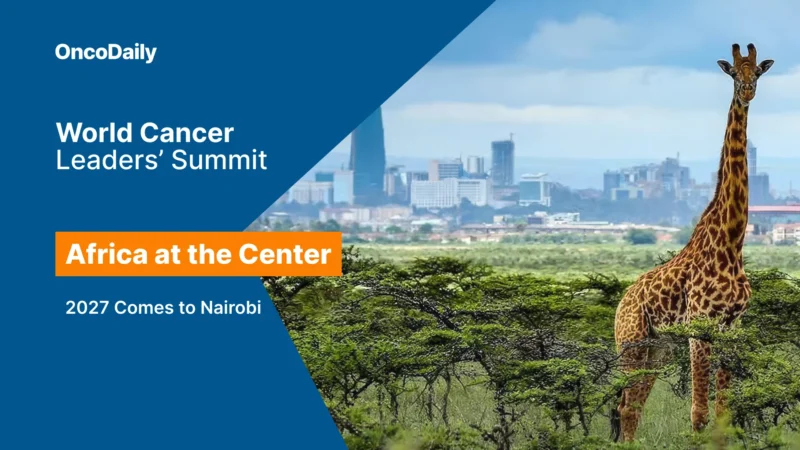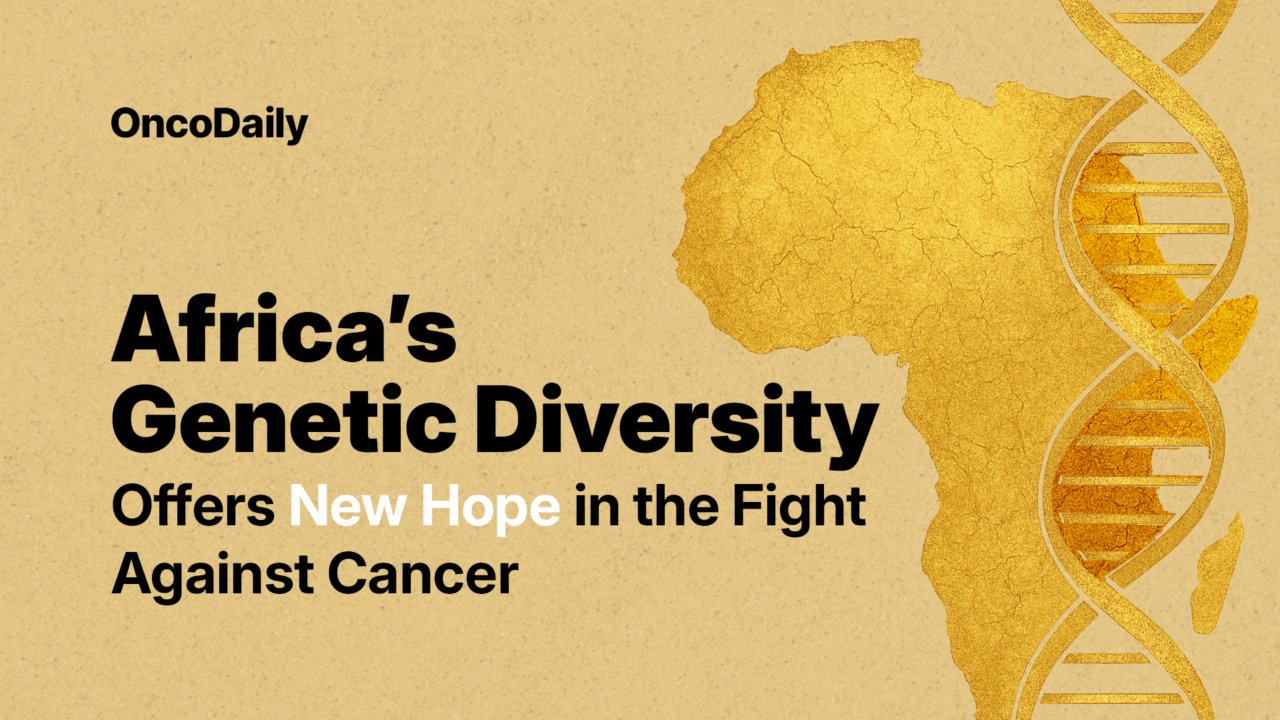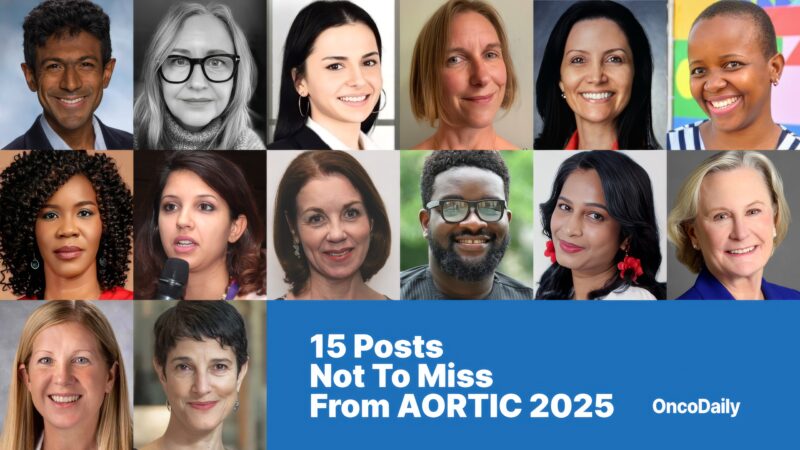At the 2025 African Organisation for Research and Training in Cancer (AORTIC) conference, health leaders, scientists, and policymakers from across the continent released the Hammamet Declaration on Oncogenetics in Africa, a bold call to action to transform cancer care by integrating genetics and genomics into national health systems.
The Declaration, led by international experts who comprise the steering committee of the African Oncogenetics Network (AON) at Dana-Farber Cancer Institute (Boston), Institut Pasteur (Tunis), King Faisal Hospital (Kigali), Muhimbili University (Dar es Salaam), Université Cheikh Anta Diop (Dakar), University College Hospital (Ibadan), University College (London), Université de Tunis el Manar (Tunis), and the University of Chicago, emphasizes that Africa, home to the world’s most genetically diverse populations, holds untapped potential to advance the global fight against cancer—while simultaneously addressing its own rapidly growing cancer burden.
Projections show that cancer deaths in Africa will double in the next 20 years, driven by delayed diagnoses, limited access to care, and systemic health inequities. African cancers often appear earlier, more aggressively, and with unique characteristics not commonly seen elsewhere.
“Oncogenetics is not a luxury—it’s a necessity,”
said Dr. Yosr Hamdi of the Institut Pasteur in Tunis, Tunisia and AON steering committee co-Chair.
“By building Africa’s capacity to understand and apply cancer genetics, we can detect cancer earlier, treat it more effectively, and even prevent it before it starts.”
Why Oncogenetics Matters
Oncogenetics the study of how inherited and acquired genetic factors contribute to cancer, is revolutionizing how the world approaches cancer prevention, diagnosis, and treatment. But access to this field remains largely out of reach for African patients.
The Hammamet Declaration outlines how the continent can take the lead through five priority areas:
Training a skilled workforce, including genetic counselors and molecular pathologists;
Establishing technology and infrastructure, such as affordable genetic testing and mobile health tools;
Driving local research, focused on Africa’s unique genetic variants;
Developing clinical guidelines and ethical policies for care;
Fostering global partnerships that center African leadership in the genomics revolution.
Global Relevance
Africa’s genetic diversity holds unique scientific value that is underrepresented in global cancer studies.
“By investing in cancer genetics in Africa, we aren’t just helping African patients, we are unlocking discoveries that will benefit the entire world,”
said Dr. Timothy Rebbeck from Dana-Farber Cancer Institute and a member of the AON Steering Committee.
Research from Africa can lead to better diagnostic tools, more precise therapies, and a richer understanding of how cancer behaves across populations. Insights from the continent will also inform efforts in other low-resource settings globally.
A Call to Action
The Declaration concludes with a collective pledge to train, build, research, and care ensuring that every African, regardless of geography or income, can benefit from the promise of modern cancer genetics. Achille Manirakiza of King Faisal Hospital in Kigali, Rwanda and co-Chair of the AON Steering committee emphasized,
“The Hammamet Declaration is more than a statement. It’s a commitment to science and health for future generations.”
15 Posts Not To Miss From AORTIC 2025
Africa at the Center: World Cancer Leaders’ Summit 2027 Comes to Nairobi




